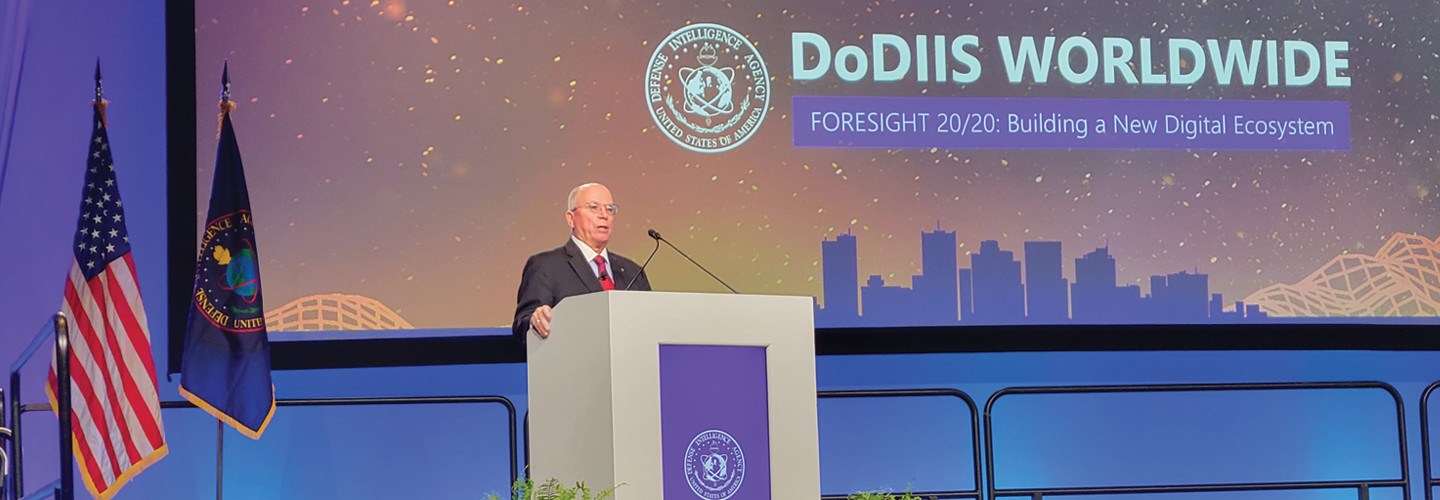IC Wants to Spur Cooperation Among Cloud Providers
Waschull said earlier this fall that the CIA “is approaching the release of the request for proposals” for a new contract, called Cloud Investment Multi-cloud Management (CIMM), Nextgov reports. The publication notes:
Through the RFP, the IC will select a systems integrator that will ultimately decide which commercial cloud solutions through C2E best meet the specific requirements of various intelligence agencies.
At DoDIIS, Waschull said he is “optimistic” about the intelligence community leveraging an approach in which it picks the best cloud services for different needs. He noted that the cloud service providers are traditionally competitors, and that they bring “unique and individual advantages to each technical problem.”
However, he said, “if we are going to be successful, we will need to stimulate collaboration and cooperation in this space.”
The intelligence community is also going to need to educate workers on how to use cloud services from each of the cloud service providers, Waschull said. “We will need to teach our workforce a lot,” he said.
RELATED: How is the intelligence community revamping its common approach to IT?
If used effectively, he said, the C2E contract “can really propel us into the future.” The CIMM contract for cloud management will help in this regard, he said, because it will seek to accomplish two key objectives.
The first is to spur “unconflicted, noncompetitive bets practices, best technical advice and counsel, bets understanding of how to take pieces and parts of the multicloud environment and put them together in a molecule to meet the IC’s needs.” The goal is to achieve economies of scale and deliver the best technology for the best user experience at the best price, he said.
The CIMM contract will also incentivize cooperation through award fees and incentive fees. “Best price is not necessarily best value,” Waschull said. “And best technical fit may be supplanted by overt collaboration and cooperation to achieve the best-in-breed” approach.
Communication and user education will be essential moving forward, Waschull added. “The user has a responsibility to articulate their needs, aspirations and expectations,” he said, of intelligence community workers. “You need to articulate the problem. If you can’t do that, it is very unlikely” the IC and its cloud partners will be able to create applications to meet those needs.
“We need to do our homework,” he said.






.png)



